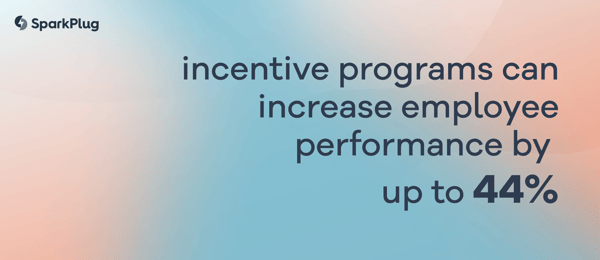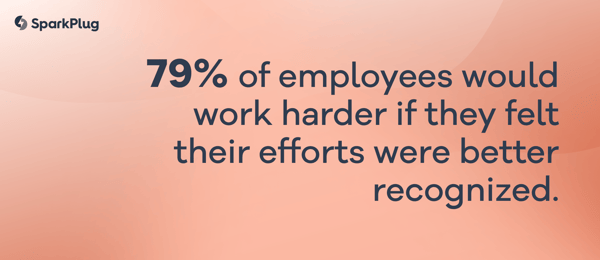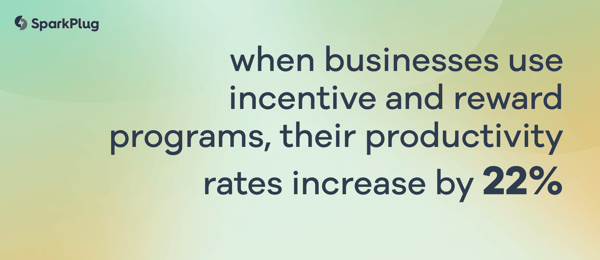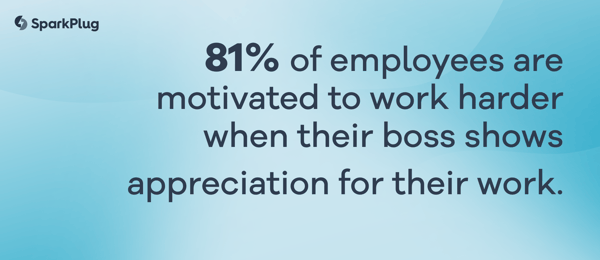Incentives have long been recognized as a powerful tool in driving employee performance. A well-designed incentive program can tap into the intrinsic motivation of employees, encouraging them to go above and beyond in their work. In fact, a study by the Incentive Research Foundation found that incentive programs can increase employee performance by up to 44%.
The Role of Incentives in Employee Motivation
When employees feel valued and recognized for their efforts, they are more likely to invest their time, energy, and creativity into their work. This is where incentives come into play. By offering tangible rewards for outstanding performance, companies can create a work environment that encourages and rewards excellence. A survey by the Society for Human Resource Management (SHRM) found that 79% of employees would work harder if they felt their efforts were better recognized.
Performance-Based Bonuses
One of the most effective incentives is the use of performance-based bonuses. When employees know that their hard work will be rewarded with a financial bonus, they are more likely to push themselves to exceed expectations. A study by the Incentive Research Foundation found that when businesses use incentive and reward programs, their productivity rates increase by 22%.
Recognition and Appreciation
Another powerful incentive is recognition. Sometimes, a simple "thank you" or a public acknowledgment of an employee's achievements can be just as motivating as a financial reward. A survey by Glassdoor found that 81% of employees are motivated to work harder when their boss shows appreciation for their work. Recognition can take many forms, from a shout-out in a company-wide email to an employee-of-the-month program, to a well crafted employee incentive program.
The Importance of a Holistic Approach
However, it's important to note that incentives alone are not enough to sustain long-term employee engagement and performance. Companies must also foster a positive work culture, provide opportunities for growth and development, and ensure that employees have the resources and support they need to succeed. A study by Gallup found that engaged companies exhibit 22% higher customer loyalty, 65% lower turnover, and 37% higher productivity.

Balancing Extrinsic and Intrinsic Motivation
The most successful companies are those that strike a balance between extrinsic incentives (such as bonuses and rewards) and intrinsic motivation (such as a sense of purpose and personal growth). By creating a work environment that values and rewards excellence, these companies are able to attract and retain top talent, drive innovation, and achieve long-term success.
In conclusion, incentives can be a powerful tool in driving employee performance, but they must be part of a larger strategy that includes a positive work culture, opportunities for growth and development, and a focus on employee engagement. By recognizing and rewarding outstanding performance, companies can create a culture of excellence that benefits everyone involved. So, if you're looking to unlock the full potential of your employees, consider the power of incentives and how they can help you achieve your goals.








